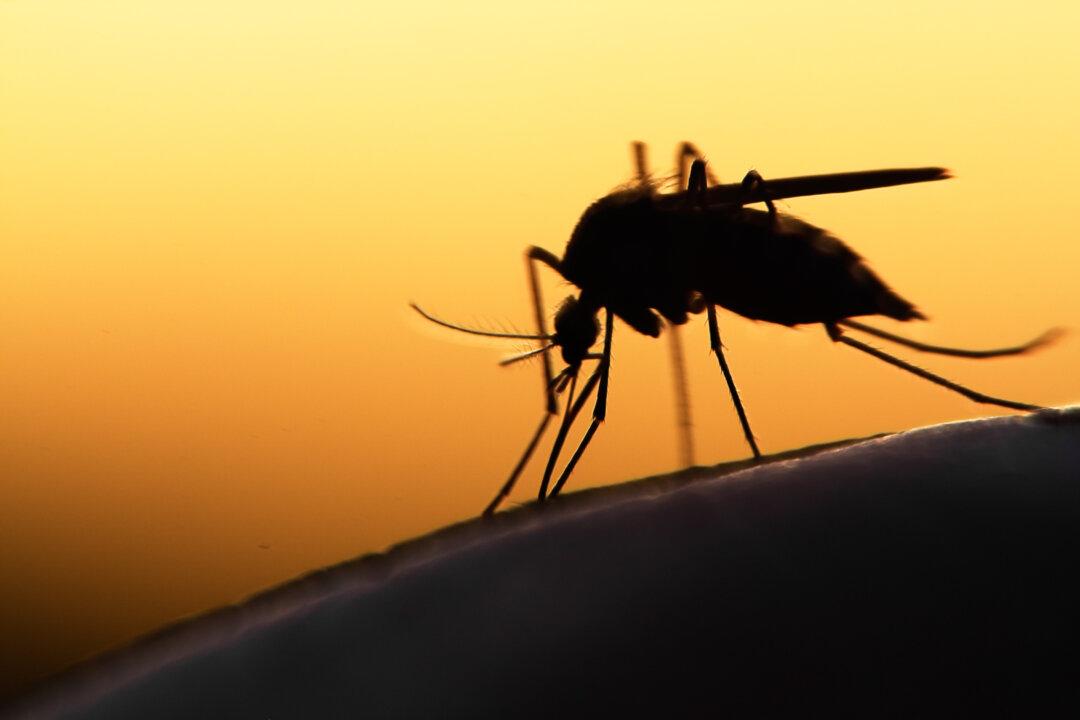The Canadian government is warning pregnant women to consider the potential risks before travelling to certain Latin American countries in response to ongoing outbreaks of an insect-transmitted virus in popular tourist destinations like Cuba.
The Oropouche virus is known to circulate in Central and South America as well as the Caribbean, according to The World Health Organization (WHO). More than 8,000 confirmed cases of Oropouche fever had been reported in Bolivia, Brazil, Colombia, Cuba, and Peru as of late July.





